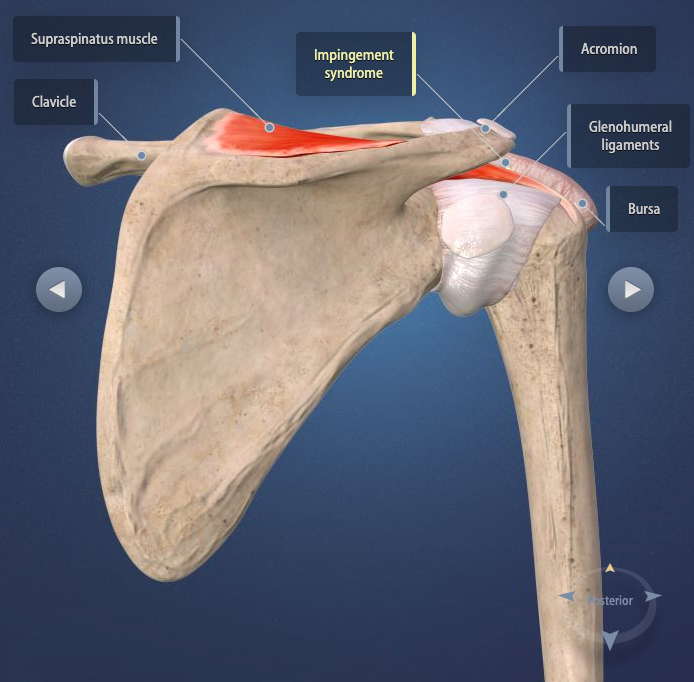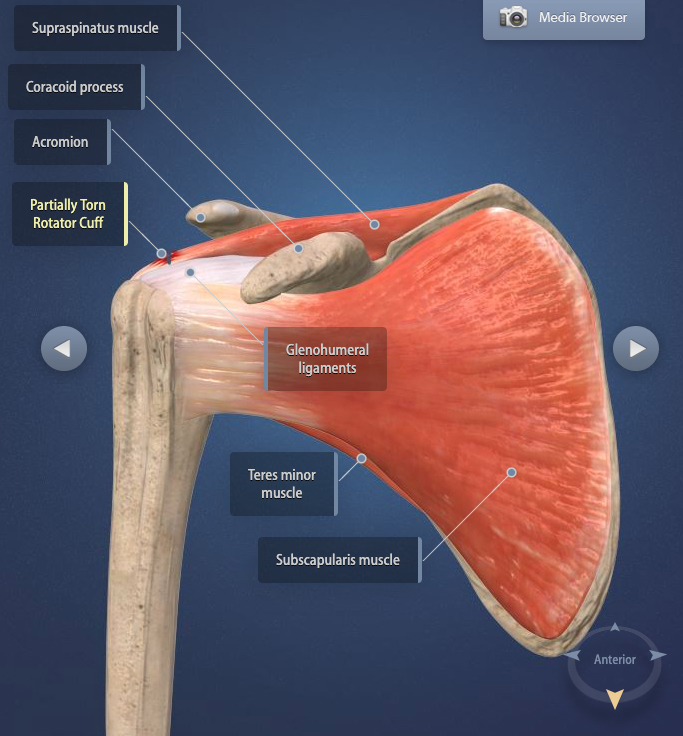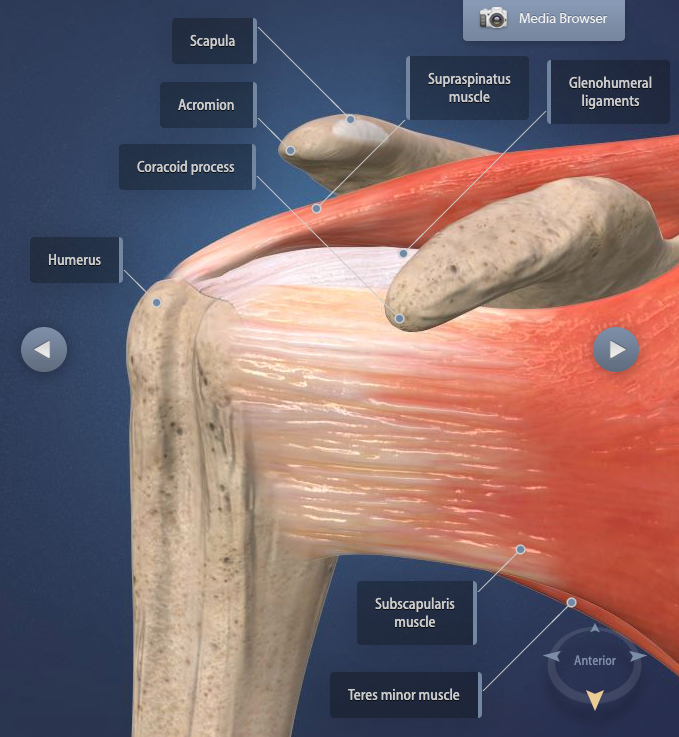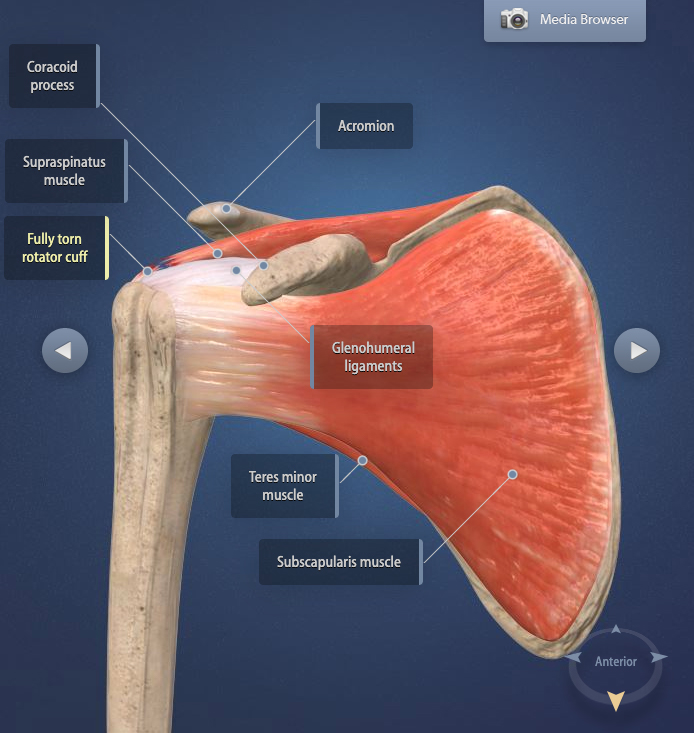Rotator Cuff Injuries: Causes and Treatment
You have a nagging pain in your shoulder… Should you see a shoulder specialist? Or do you just tough it out?
If rotator cuff pain is disrupting your work, recreational activities, or daily life, it’s time to seek help. Consulting an orthopedic shoulder surgeon is a wise step. They can assess your condition and recommend appropriate treatment. Acting now can prevent further complications and improve your quality of life.
Orthopedic specialists frequently encounter rotator cuff tears. Whether your shoulder pain is generalized or acute, it’s crucial to seek evaluation. Doing so is the first step toward effective treatment and relief. Additionally, addressing the issue early can prevent further complications and improve your recovery.
What Is A Rotator Cuff?
The rotator cuff is a crucial network of muscles and tendons in the shoulder. It includes the infraspinatus, subscapularis, supraspinatus, and teres minor. These components are essential for shoulder stabilization. They work together to keep the head of the humerus, or upper arm bone, securely in the glenoid fossa, which is the socket of the scapula or shoulder blade. Consequently, this system ensures smooth and stable shoulder movement.
In layman’s terms, the muscles and tendons of the rotator cuff keep your arm connected to your shoulder and keep everything stable as you rotate through the joint.
Partial vs Full Rotator Cuff Tears
The severity of rotator cuff injuries can vary significantly, from basic inflammation to complete tears that require shoulder surgery.
To determine the severity of a rotator cuff injury, your orthopedic shoulder specialist will perform a range of rotator cuff injury tests. The initial examination will include a physical exam, in which the surgeon will move your arm around, test the strength of your shoulder and apply pressure to different areas in and around your shoulder.
Based on the results of this initial rotator cuff injury test, your shoulder specialist may order an X-ray, ultrasound or shoulder MRI to further determine the severity of your rotator cuff tear.
Partial Rotator Cuff Tears and Minor Injuries
Inflammation of the rotator cuff can be painful; however, it’s considered a minor injury that typically will resolve itself with rest. Likewise, tendinitis and bursitis in the rotator cuff can also be a source of chronic shoulder pain.
Impingement syndrome – also known as swimmer’s shoulder – is a minor shoulder injury that can lead to a full or partial rotator cuff tear if left untreated.

And, of course, partial tears of the rotator cuff, like the one below, can leave you weak, impaired and in pain.

Full Rotator Cuff Tears
A fully-torn rotator cuff can be persistently painful or can result in acute pain following a snapping sensation in the shoulder. The only way to know if there is a tear or hole through the rotator cuff (most commonly the supraspinatus) is through the imagery tests mentioned above.
Rotator Cuff Treatments
Nonsurgical Treatments for Minor Rotator Cuff Injuries
When it comes to any orthopedic or rotator cuff injury, it’s best to try conservative treatment options before jumping straight to surgery. While nonsurgical treatments may take weeks or months to get you back to your baseline of health, it is often preferable to surgical options.
Nonsurgical treatments for minor rotator cuff injuries include rest, non-steroidal anti-inflammatory drugs (NSAIDs) like ibuprofen, aspirin and naproxen, steroid injections and physical therapy.
Physical Therapy
If you have tendinitis, bursitis, impingement syndrome or a partial rotator cuff tear, your shoulder surgeon may recommend physical therapy in lieu of rotator cuff surgery. Your physical therapist will help you stretch and strengthen your shoulder and the surrounding muscular structure with specific rotator cuff exercises you can do both at therapy and at home.
Treating rotator cuff injuries with physical therapy can prevent the need for future surgery. Additionally, if surgery becomes necessary, physical therapy will play a crucial role in your recovery. This proactive approach not only aids in healing but also enhances your overall outcome. Therefore, starting physical therapy early is essential for both avoiding surgery and ensuring a smooth post-surgery recovery.
Rotator Cuff Surgery
Full rotator cuff tears and some partial tears do require shoulder surgery. While the conservative approach to orthopedic care is preferred, some rotator cuff injuries necessitate surgical solutions.
Thankfully, there are a variety of surgical options for rotator cuff tears, including arthroscopic tendon repair, open tendon repair, tendon transfer and – in severe and rare cases – shoulder replacement. Your orthopedic shoulder surgeon will recommend the best surgical option to treat your rotator cuff tear.
If you have any questions about rotator cuff injuries, shoulder pain or any other orthopedic injury, please feel free to contact our orthopedic specialists.


3 Comments
Permalink
Is there any reason to hesitate about arthroscopic surgery for a full thickness tear of the supraspinatus with retraction to the glenoid?
Permalink
Joseph,
An arthroscopic rotator cuff repair is a commonly performed surgery and is often a good option for patients depending on a few factors. You mentioned that you have a pretty retracted supraspinatus tear, so if your surgeon has mentioned that the tear is repairable and you are having shoulder pain/weakness, and your activities are limited because of this, then I would definitely consider arthroscopic surgery as a good option for you.
Permalink
I like how you mentioned that it might be wise to consult with an orthopedic surgeon if the pain you have affects work or other recreational activities. My wife and I are thinking of looking for a shoulder surgery specialist because our son hurt his throwing arm while pitching in a baseball game last week. I think it’s a good idea for us to consider all of our options when hiring a reputable professional to help us get our son back into good health so he can start playing baseball again.